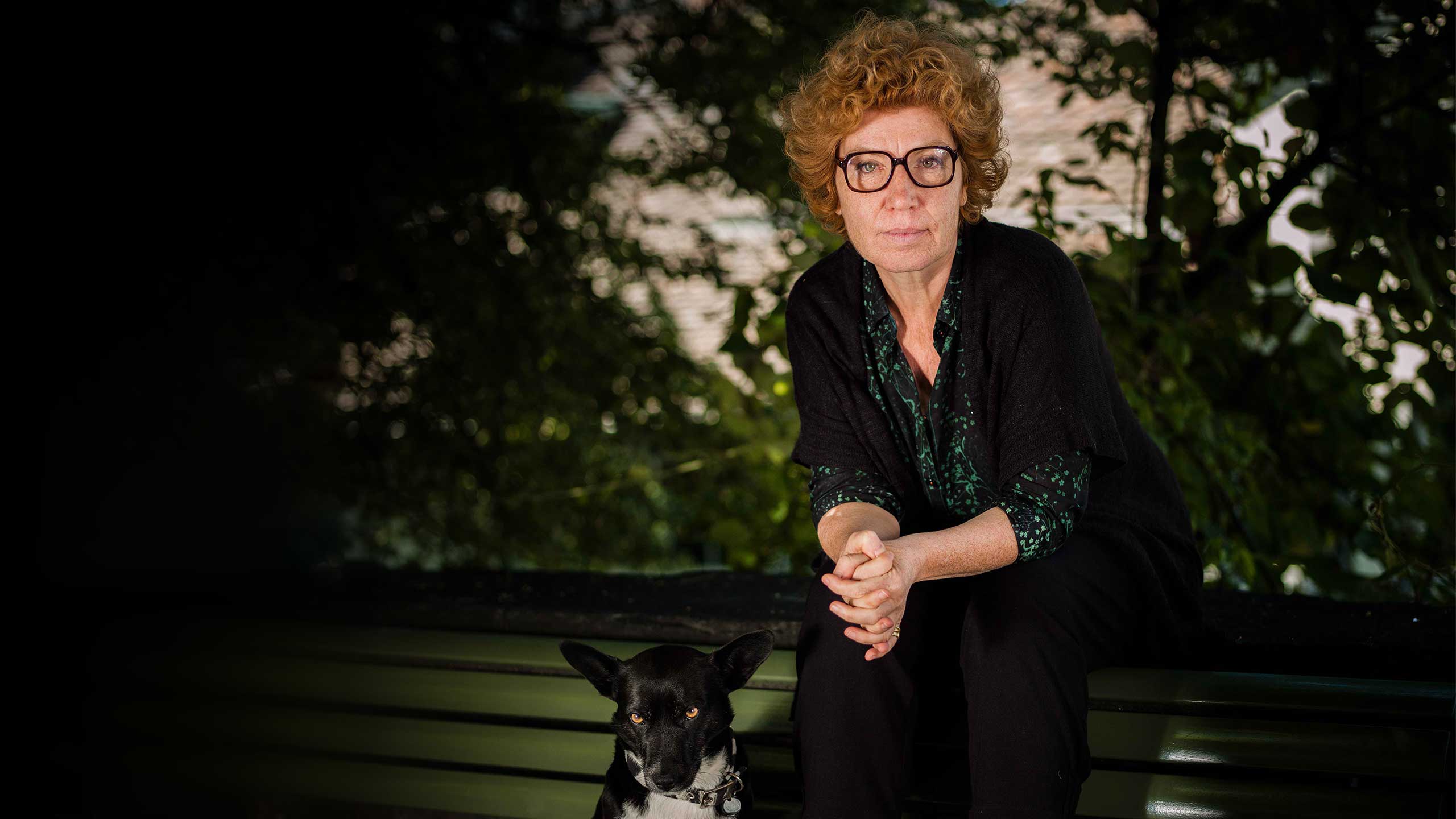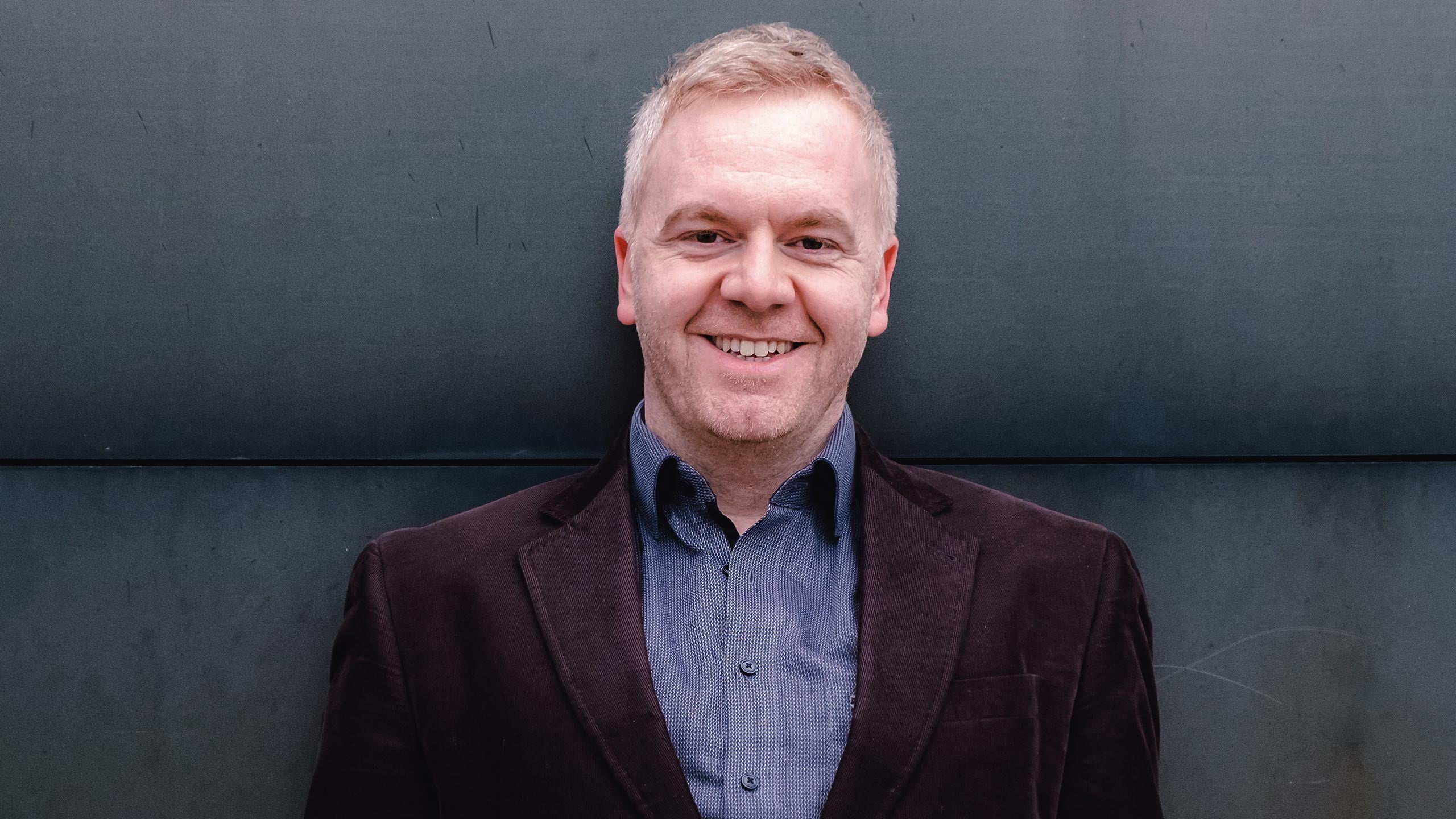From novels to poetry collections and memoirs, the selection is made up of books bought from Prinz Eisenherz and Anakoluth bookstores—two local businesses that provide queer-friendly spaces in which LGBTQIA+ stories may be explored throughout the year. Encompassing a diverse range of writers, the library reveals how queer literature has evolved to reflect the myriad experiences within the community. For those unsure of which title to select, Aesop’s bibliophiles are on hand with personalised recommendations.
La Bibliothèque Queer d’Aesop
Amplifying queer voices
From 20 to 26 July 2022, an ephemeral collection of books by LGBTQIA+ authors appeared at the first Berlin branch of the Aesop Queer Library, offering visitors a complimentary book of their choice, with no purchase necessary. The initiative was founded on a belief in the transformative power of queer storytelling—its ability to broaden minds, embolden individuals and unite the community and its allies.
The reading list
The collection includes titles that span a wide range of genres and a multitude of voices, including Portrait by Jürgen Bauer, The Thirty Names of Night by Zeyn Joukhadar and Die Marschallan by Zora del Buono—below, these writers share their thoughts on the importance of queer storytelling and representation in the arts.
Zeyn Joukhadar on opportunities for new queer writers
Zeyn Joukhadar is the author of the novels The Map of Salt and Stars and The Thirty Names of Night, and a member of the Radius of Arab-American Writers. Along with many other accolades, The Thirty Names of Night won the 2021 Barbara Gittings Stonewall Book Award and the 2021 Lambda Literary Award in Transgender Fiction. It tells the story of a closeted Syrian- American trans boy who sheds his birth name and searches for a new one—a journey that leads him to discoveries about his family’s past, and himself.

What role have queer stories played in your life? Many of the books that have made my life feel most possible as a queer, trans, Arab, and Muslim person have been works that look at queerness and transness almost from the corner of their eye. I love the novels and stories whose gaze itself is queer, in the sense that they open my mind and heart to a more expansive imagining of what the world is and can be—while also allowing their queer and trans characters to have full, three-dimensional lives that don't revolve around tragedy, or around queerness alone. What book do you wish you could magically have delivered to every queer person in the country? Can I have more than one wish? Over the past few years, I've been lucky to have been involved in a couple of amazing anthologies, both of which I wish every queer and trans person could read (mostly because I wish I'd had them when I was younger!): one is Kink: Stories, edited by R.O. Kwon and Garth Greenwell, and the other is This Arab Is Queer, edited by Elias Jahshan. What organisations would you recommend to aspiring writers from marginalised backgrounds? A few organizations that I know of through my involvement with them are the Periplus Collective, with which I've been mentoring emerging writers of color for the past two years, and also the Radius of Arab- American Writers (RAWI), whose board I'm currently on. Both groups offer substantial support to writers and creators of color, including queer and trans writers of color, in the form of mentorship, workshops, panels, and—in RAWI's case—biannual conferences as well. I'm also teaching fiction this year with both Lambda Literary, which offers many great programs for queer writers, as well as Roots. Wounds. Words., a space for BIPOC writers that also centers queerness and transness in a very intentional way. All these groups are doing amazing work and are well worth supporting!
Zora del Buono on possibilities for queer people
Zora del Buono was born in Zurich in 1962 and has lived in Berlin since 1987. Her latest novel, Die Marschallin (The Marshalless), is about her grandmother, a wealthy communist fighter in Italy whose many contradictions in life have made her a compelling character. An entire chapter is set on a small Italian island where Mussolini exiled gay men during World War II. This island was a prison, but also a moment of gay freedom for the men. The book has so far been translated into Dutch and Slovenian, and the Italian translation will be published in September 2022.

What questions would you like your work to provoke for readers? A wise woman once told me, ’A life is successful when you become the person you are, not the person your parents wish you were.’ My books are often about family secrets. I think it's good to face the ghosts of the past and know where you came from. Then, you can decide where to go. What book do you wish you could magically have delivered to every queer person in the country? E.M. Forster’s Maurice. Written in 1913, and revised in 1960, Maurice wasn’t published until after Forster’s death in 1977, as he had kept the novel secret for fear of scandal. Set in late Victorian England, when homosexuality was considered both a crime and a disease, the story ends happily; Forster wrote that he did not want ’the hero to fail.’ Maurice provides at least some small hope that societies can change. What would you tell your teen self today? That you should never say ’never.’ Things can always turn out differently than you think.
Jürgen Bauer on shifting identities
Born in 1981, Jürgen Bauer works as a writer and journalist in Vienna. He was a participant in the New Writing program of the Burgtheater Vienna, a writer in residence at Literarisches Colloquium Berlin, and took part in the 2017 Festival Neue Literatur in New York, curated by Peter Blackstock. In 2013, he published his first novel, Das Fenster zur Welt; his latest—and fourth—novel, Portrait, delves into the gay history of Austria.

How do you mark Pride Month?
Actually, I don’t, not really. Pride celebrations have become too commercialised for me, although I still think they are important. So I read gay literature—at the moment, Douglas Stuart's Young Mungo. Are there any queer spaces or organisations that you would recommend? The queer bookstore Löwenherz in Vienna. Places like this are important, but there are fewer and fewer of them. Bookstores are at the core of literary life, and queer bookstores should continue to exist. What would you tell your teen self today? Seize every opportunity to have fun, have sex, and live life.